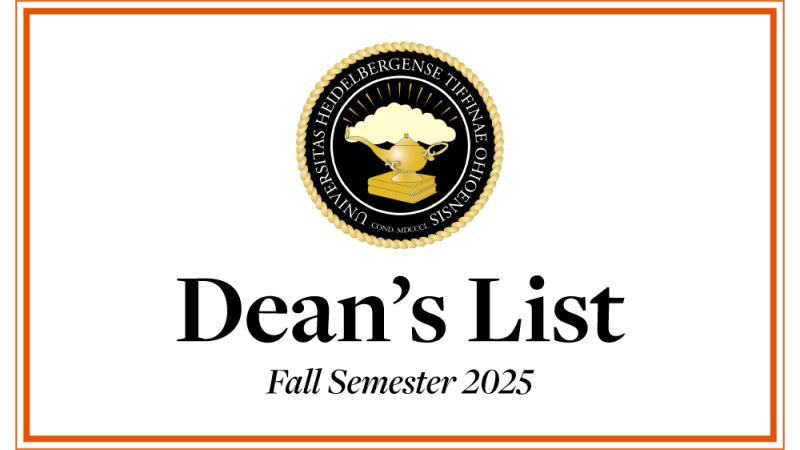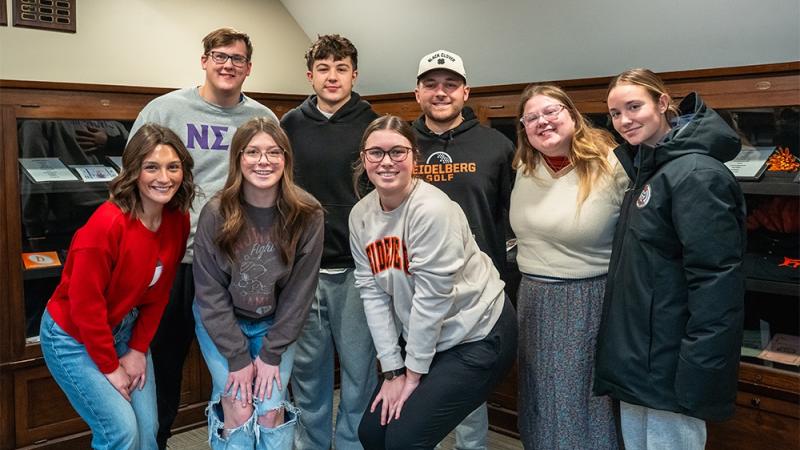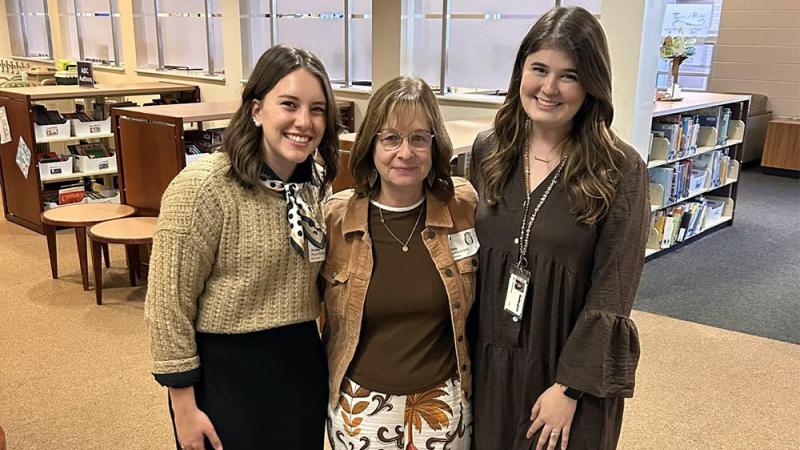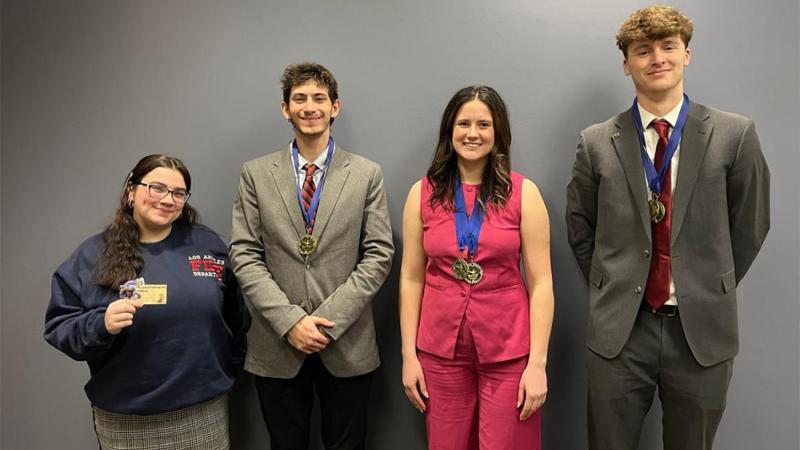Research can take unpredictable path, Johnson tells students at SRC

You never know where research will lead you, but one thing is for sure: it will always be interesting.
That was the message shared by Dr. Laura Johnson, the new director of Heidelberg’s National Center for Water Quality Research during her Student Research Conference keynote on Tuesday. In all, more than 150 students from Heidelberg as well as BGSU, the University of Toledo, Ohio Northern University and the University of Findlay gave presentations or displayed posters about their research during the 23rd annual conference.
As an undergrad, Laura was a biology major with a strong interest in environmental ecology. She signed on with a 10-person lab at Virginia Tech and later completed her Ph.D. and post-doctoral study at major universities such as Notre Dame and Indiana.
But small schools like Heidelberg also provide students with those same quality research opportunities. “Those (research) communities are already here. You just have to get going,” she said.
Three years ago, she joined the NCWQR as a research scientist. The lab’s specialty – groundwater research and monitoring – were relatively new to her. But she learned quickly, and in January, she became the lab’s director.
In her new role, Laura frequently gives talks and NCWQR tours, keeps busy writing grants and stays involved in its research efforts. She even became a media expert in the summer of 2014 during Toledo’s water crisis. For her keynote, she walked the student presenters through an overview of the lab’s long-term monitoring programs and its role in studying the giant algae blooms in Lake Erie and their suspected cause: dissolved phosphorus that runs off land into bodies of water.
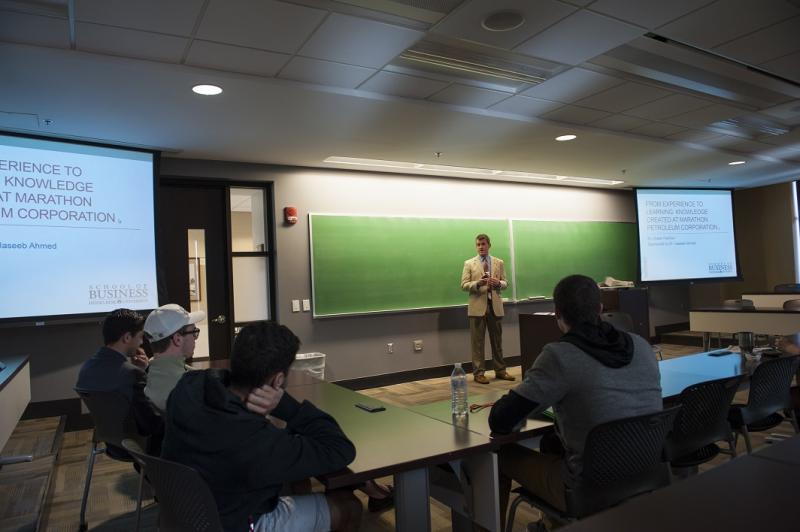
Laura explained the complicated connection between phosphorus and agriculture, and the impact on the health of the lake. To validate the connection, she said scientists – as with all research – had to look for multiple lines of evidence, find other measures that corroborate findings, examine the data and “ask stupid questions.”
She encouraged students to begin to consider issues, both large and small, that could affect their lives in the future – issues such as water quality, fisheries collapse, invasive species, sustainable energy, climate change and food availability.
The NCWQR’s mission is well suited for the future, according to Laura. Through research, monitoring, education and outreach, it is positioned to support a compromise to use the land well and protect the environment.

